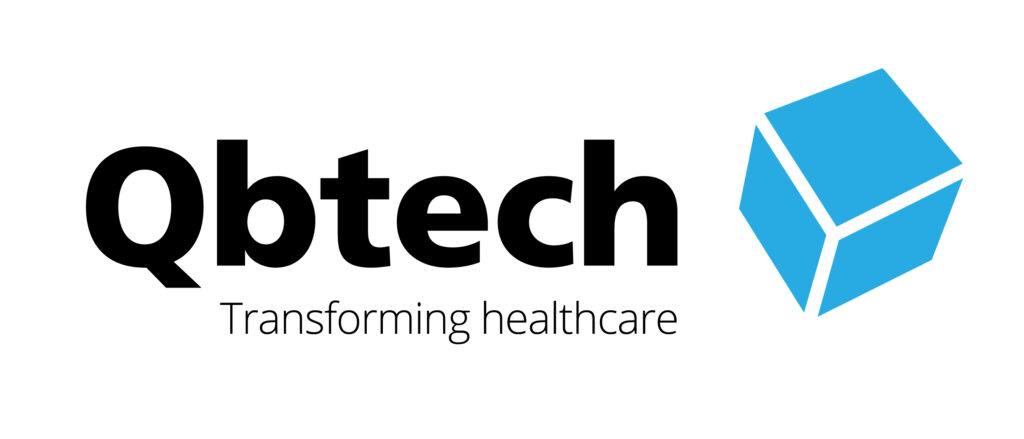ADHD doesn’t only affect children — many people first notice the symptoms during their teenage years or even in adulthood. Adolescents and adults with ADHD often struggle with focus, forgetfulness, restlessness, or difficulty managing emotions.
ADHD is a condition involving trouble with attention, hyperactivity, and impulsivity. It’s not just being energetic or easily distracted—it can affect daily life and relationships. Treatment usually includes therapy, education, and sometimes medication to help manage symptoms.


ADHD is a brain disorder characterized by ongoing patterns of inattention and/or hyperactivity and impulsivity that can interfere with development and functioning.
Inattention may cause you to have difficulty staying on task, being organized, and lacking persistence. Impulsivity may cause you to make snap decisions without thinking them through first, frequently interrupt others, or feel the need for immediate gratification.
Hyperactivity, which isn’t part of ADD, prompts you to move around constantly or have extreme difficulty sitting still. You may also fidget, tap surfaces, or talk a lot. In adulthood, this may be perceived as extreme restlessness.
The specific causes of ADHD remain unknown, but numerous factors may contribute including brain injuries, a mother who smoked cigarettes or used alcohol during pregnancy, genetic factors, exposure to environmental toxins and low birth weight.
Psychotherapy, medications, and skills training can help manage ADHD symptoms. The most often prescribed medications are stimulants, which increase levels of dopamine and norepinephrine. These brain chemicals play key roles in attention and thinking. Non-stimulant options are also available, and antidepressants may help in some cases. Psychotherapy can help you improve your behaviors and manage emotional difficulties through practices such as self-monitoring and rewarding yourself for positive behaviors.
Our primary treatment starts with comprehensive testing, which gives us an upper hand to treat ADHD effectively.
While they shouldn’t replace doctor-recommended treatment, a nutritious diet and routine moderate physical activity may help reduce ADHD symptoms or boost the effectiveness of medications. Aim for 30 – 40 minutes of exercise daily, about 4 – 5 days per week. For best results, talk to your doctor before making major lifestyle changes.

We have partnered with ADHD Test and now offer clinical ADHD tests for adults through age 60
ADHD Test is a market-leading provider of objective ADHD tests, FDA cleared for use in patients aged 6-60. Clinicians around the world still solely rely on subjective data to diagnose ADHD in patients, which can provide conflicting information.
By using standardized, objective ADHD data with QbTest or QbCheck, you can reduce the effects of subjectivity and get a data-driven understanding of core ADHD symptoms with easy-to-read, instantly generated reports.
Contact us now to set up testing. The test can be taken online and is 20 minutes long.
We use comprehensive psychiatric evaluations along with FDA-approved ADHD tests to diagnose adults aged 18 to 60.
Attention Deficit Hyperactivity Disorder (ADHD) is a neurological condition that impacts millions of individuals worldwide.
Learn how to get ADHD medication online safely and easily. Explore how online treatment can
Find the best medication for ADHD (attention deficit hyperactivity disorder) in adults with anxiety. Discover
Living with ADHD can feel like a rollercoaster ride, full of highs and lows. But
Take action for your mental wellness today—your path to renewed hope and well-being starts here.